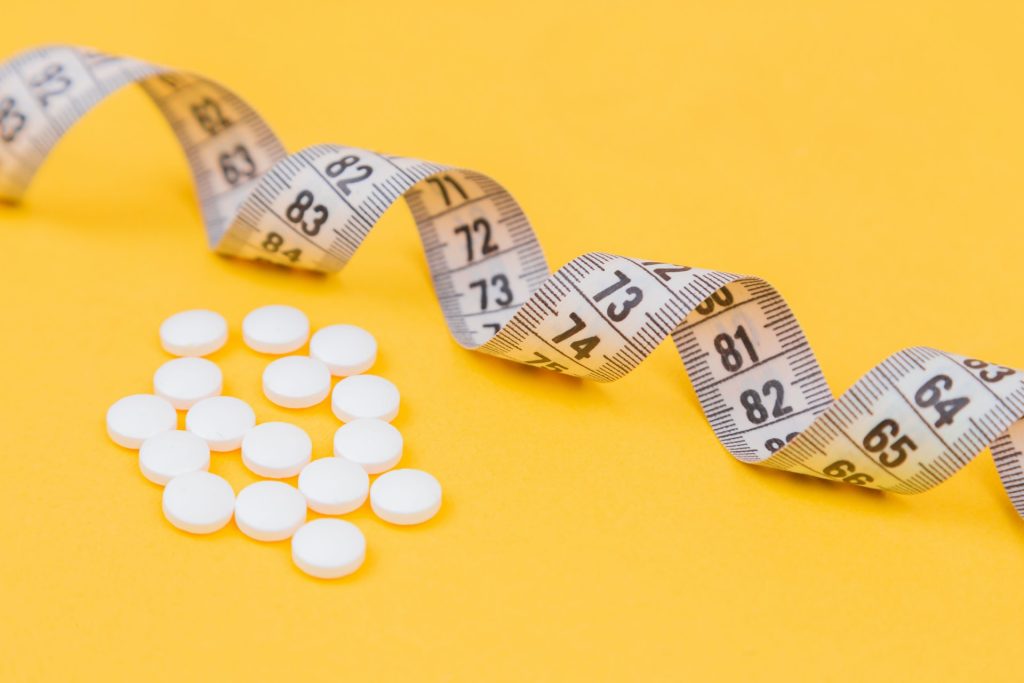Supplements have long been a part of many Americans’ efforts to pursue a healthy lifestyle. Since they first hit the shelves back in the 1940s, supplements have been one way to fill in the gaps where nutrition falls short.
Many brands market their supplements as “natural” or “made from organic ingredients,” which appeal to those who are wary of lab-made “synthetic” products. Others offer unique value propositions by promising benefits that other vitamins and minerals cannot, such as muscle growth or weight loss.
However, science has started asking an important question: Are supplements dangerous, possibly? If you’re considering adding supplements to your diet, here are a few things you must consider beforehand.
Are Supplements Dangerous to Your Health? Here’s What You Need to Know
1. No Government Body is Regulating Supplements
The FDA sets good manufacturing practices, or GMPs, for food and drug companies to follow to ensure the safety and integrity of their products. But unlike over-the-counter drugs and prescription medication, supplements are not regulated by the FDA. So, what does this mean for consumers? Because the FDA is not authorized to evaluate the safety and effectiveness of supplements before they are sold on the market, the best you can do is to take the manufacturers and distributors at their word.
The FDA must be notified if a supplement contains a new ingredient. But even then, they only review the notification, not necessarily approve it, and they do so only for its safety, not its effectiveness.
2. Supplements Don’t Necessarily Provide Consistent Results
There’s a reason why supplements have avid ambassadors — sometimes, they work. But while several supplements may make the same claim, they won’t necessarily achieve the same effect. If you intend to take supplements to address an illness or condition, keep in mind that supplements cannot claim to treat, prevent, or cure diseases. In fact, it’s illegal for supplement brands to claim that they do.
Supplements can claim that they can promote good health or support certain body functions, but the line ends there. The federal government can sanction companies that falsely or deceptively promote their products.
In fact, the federal government can take legal action against companies and websites that sell dietary supplements when the companies make false or deceptive statements about their products, if they promote them as treatments or cures for diseases, or if their products are unsafe.

3. Supplement Labels May Be Inaccurate
The FDA does not require supplements to have warning labels, except for those that contain iron, in which case they must have a warning about accidental overdose and poisoning in children. While some companies do their due diligence and exercise caution by issuing appropriate warnings, others may not warn against potential risks if they don’t feel it’s a serious concern.
Again, the FDA doesn’t regulate supplements, so you just have to take the manufacturers and distributors at their word.
4. Supplements May Have Hidden Ingredients
Some supplements include active ingredients used in prescription drugs, making them potentially harmful for consumption. These are usually supplements that are marketed for weight loss, sexual enhancement, and bodybuilding. There have been reports of severe side effects caused by drug-tainted supplements, such as kidney failure, stroke, blood clots in the lungs, and acute liver injury.
Supplements do not require FDA testing and approval, so you have to be sure you conduct thorough research on the safety and science behind the product before you consume it.

5. Supplements Come with Potential Risks
Supplements may have negative side effects on the body, particularly if you take them beyond the recommended dosage, to substitute prescription medication, or consumed them alongside other supplements or medication.
Some supplements are known to cause health concerns when they interact with certain medications. Examples of these are:
- Vitamin K can compromise the efficacy of blood thinners to prevent blood clotting.
- St. John’s Wort can hasten the breakdown of many medications including birth control, antidepressants, anti-HIV medications, heart medications, and transplant drugs.
- Some antioxidant supplements, like vitamin E and vitamin C, may compromise the efficacy of certain forms of cancer chemotherapy.
6. Supplements Do Not Replace a Healthy Diet and Exercise
The Merriam-Webster Dictionary defines supplements as “something that completes or makes an addition.” The keyword here is “addition.”
Supplements are meant to promote good health by providing nutrients you may be lacking in your everyday life. But they are not an alternative or replacement for a good ‘ole balanced diet and regular exercise. Taking dietary supplements will not protect you from the dangers of sitting too much or having unhealthy eating habits.

Are Supplements Dangerous? Here’s What You Can Do
The key to avoiding potentially harmful supplements is the same as with any important purchase — research, research, research. Don’t just rely on the testimonies of family, friends, and online influencers, because their experience with the supplement may not be the same as yours.
Check the company’s website, social media pages, and search engine results to ensure that the brand is a legitimate company. Look for objective consumer reviews to get a broader view of its safety and effectiveness. Fact-check the information that supports their claims to make sure that it’s sound science and not pseudo-science.
At the end of the day, ask yourself if you really need to take supplements. If you live a healthy lifestyle, or regularly take multivitamins, taking other supplements may be unnecessary. If you take prescription medication for certain illnesses or conditions, consult your doctor or healthcare provider to ensure that supplements won’t negatively interact with your meds. Your PCP should be able to guide you!













